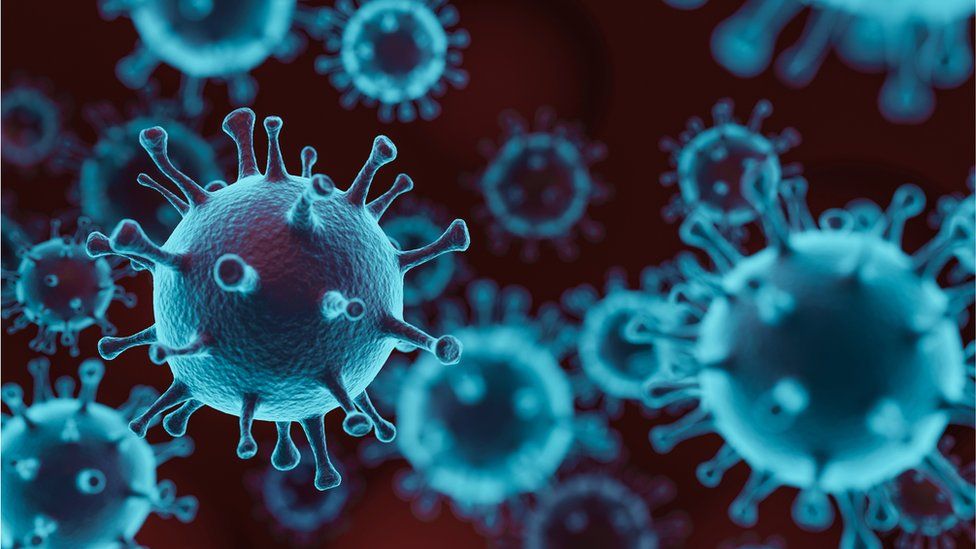ARTICLE AD BOX
 Image source, JONGHO SHIN
Image source, JONGHO SHIN
By Claire Marshall
Rural affairs correspondent, BBC News
The UK's main facility for dealing with viruses that jump from animals to humans has been left to "deteriorate to an alarming extent," according to MPs.
The Public Affairs Committee report cited "inadequate management and under-investment" at the site in Weybridge.
It said the Department for Environment, Food & Rural Affairs (Defra) had "comprehensively failed in its historical management" of the centre.
Defra said work was already underway to upgrade the laboratories.
The centre is operated by the government's Animal and Plant Health Agency (APHA). It is central to the UK's ability to control the outbreak of animal diseases and detect any emerging pathogens.
The Public Accounts Committee found more than "1,000 single points of failure" at the Weybridge site.
Its report said deterioration had left the laboratories "continually vulnerable to a major breakdown" which would severely impact the UK's ability to effectively respond to outbreaks.
Some of the deadliest viruses on earth are "zoonotic diseases" that cross between species such as Covid-19, Sars or Ebola.
The report said the risk to the UK of a zoonotic disease was "real and the consequences can be devastating", and accused the government of not sufficiently prioritising this threat to "UK health, trade, farming and rural communities."
Committee chairwoman Dame Meg Hillier said: "After the 2001 disaster of foot and mouth disease, the past decades have brought one animal-sourced disease after another.
"It is shocking that government has allowed UK capacity in this area to deteriorate so alarmingly over that same period," she said. "These diseases are devastating for our food production systems, the economy and, when they jump the species barrier to humans as Covid-19 did, to our whole society."
Image source, BBC/Tim Nicholson
Image caption,A ranger at a Wiltshire Wildlife Trust reserve removes the carcasses of two dead swans, thought to be infected with avian flu
The UK and EU are currently in the grip of a record avian flu outbreak that has killed 48 million birds.
Prof Paul Wigley, professor of animal microbial ecosystems at the University of Bristol, warned that avian flu "had the potential to jump to other species including us."
"Weybridge has always been a central resource of facilities and people. It has been placed in a perilous position by underfunding and crumbling facilities," he said. "Without support it is increasingly unlikely the UK could cope with another major outbreak of animal or zoonotic disease along with the ongoing avian influenza epidemic."
The government has plans to redevelop the site, with the construction of a new science hub due to start in 2027. However the level of funding needed is still not finalised.
Prof James Wood, head of the department of veterinary medicine at University of Cambridge, said that the "steady decline" of the facility had been clear.
"We can no longer be reliant on laboratory resources from partner European laboratories. The significance of laboratories is demonstrated clearly by their central role in the diagnosis and control of the ongoing unprecedented avian influenza outbreak.
"The current major Weybridge redevelopment programme is very welcome and important but it will take many years to be implemented and there are risks of laboratory failure occurring in the meantime."
A Defra spokesperson said: "Significant funding and work is already underway to upgrade (Weybridge's) laboratories and ensure we are protected from these diseases into the future.
"Its world-leading scientists and our field teams are playing a vital role in responding rapidly and decisively to the threats from animal diseases, including the current Avian Influenza outbreak, which is the largest on record."

 2 years ago
21
2 years ago
21








 English (US) ·
English (US) ·